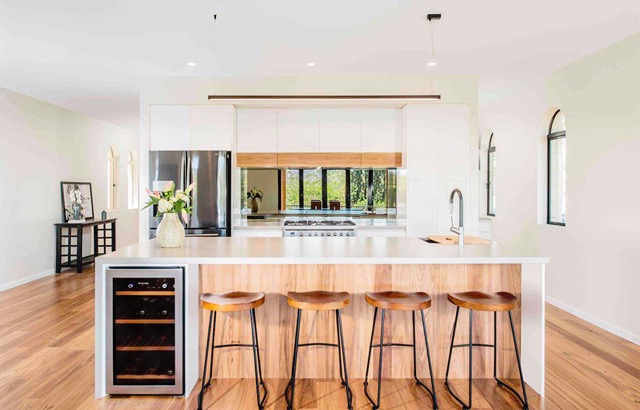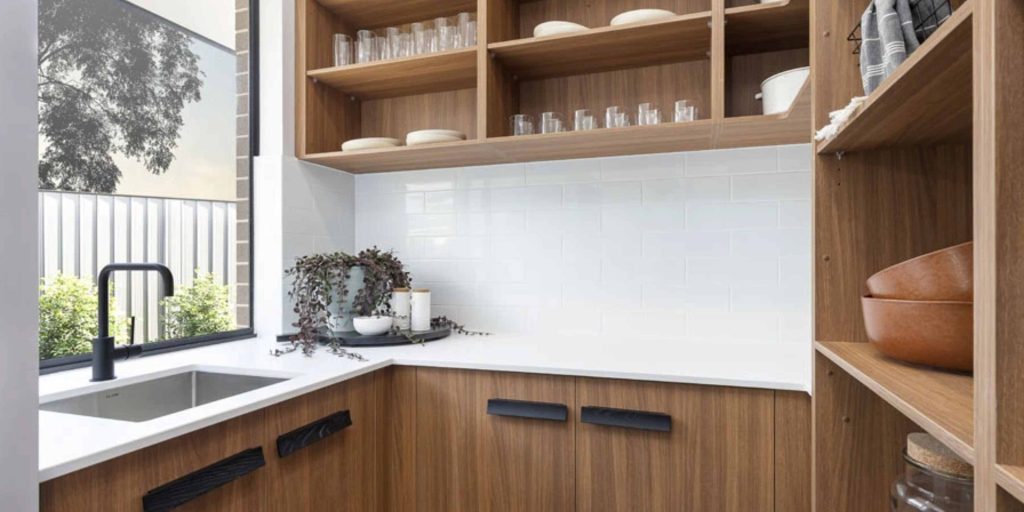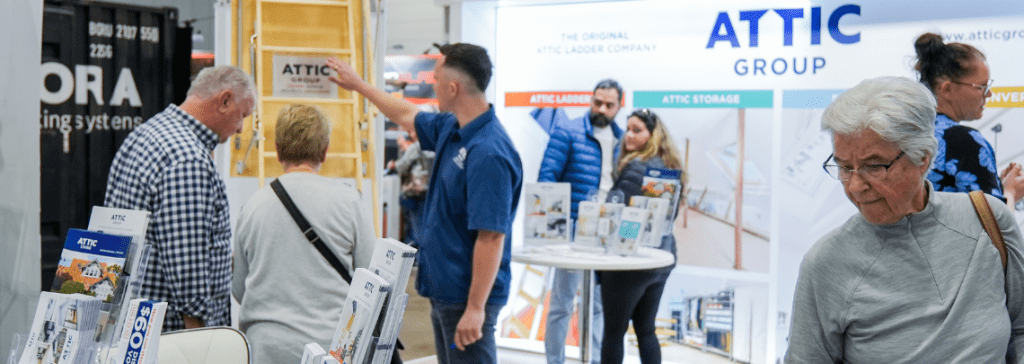With the end of another financial year complete, it leaves us thinking where on earth did the time go?
From the team at Little Real Estate we hope you had a successful year filled with many property wins! To ensure the next financial year is an upward journey, let’s make sure your properties are positioned to perform at their best.
So, what can we do to increase our return in the new financial year? From our knowledge and experience of managing in excess of 21,000 properties across Brisbane, Sydney and Melbourne we have narrowed this down to six easy steps.
Know your demographic
Whether you’re looking to buy an additional property or you currently own investment properties, understanding the tenant demographic of the area you have invested in is an essential part of maximising your returns.
Residential property investment is all about people. The simple equation of understanding the demographic and what they want allows you to tailor your investment to suit the market. What does this result in for you as the investor? Higher demand for your property, above market rent, the ability to increase the rent over time, minimised vacancies with tenants opting to stay longer, and tenant choice for you as a landlord. Sounds pretty simple, doesn’t it, and the great thing is Little can assist you with the data.
Our role is to educate our clients on the demographic, highlight what tenants want and provide tailored advice in line with clients’ personal investment strategy. It is important to remember demographics do change, so we need to consistently monitor the market.
Renovate, renovate, renovate
For those of you who own older properties, let us help you assess if it is time for a refresh.
Too often we see fantastic properties sit vacant or receive low rental returns due to poor condition. If only all landlords were able to affordably refresh their properties. We can assist you maximise the demand and value of your investments by ensuring the condition is in line with what tenants want.
Within the property management industry, we have also seen the behaviour of tenants change over the last 20 years. Previously, rental properties were predominantly used as short-term tenure while tenants saved money to buy a property. This certainly still happens for some of our tenants (I know this is what I did) however it is not the norm anymore.
We have seen a shift in transitional tenure to long term lifestyle tenants. Many people are now choosing to rent rather than buy. This may be because they simply cannot afford to purchase anymore. Some capital cities are reporting a house-price-to-income ratio of 10 and above. For example, the average house price in Melbourne is currently $718,000, $1,025,478 in Sydney and $490,000 in Brisbane. Tenants may choose to rent in an area they desire and buy a property further away from the city to hold as a rental property.
What does this change is behaviour mean for you as an investor? Tenants are no longer happy to forgo on the condition of the property because they are renting. The lifestyle renters view their rental properties as a home and therefore they require the property to be in quality condition and include certain comforts such as air-conditioning.
The best thing about lifestyle tenants is they will pay premium rents for renovated properties; all you need to do is tailor the property to suit the market. If we can provide these tenants with what they want, they will also stay long term and provide you with a stable cash flow.
Regular rental reviews
Rental reviews are an essential part of ensuring your property is performing at its best. Your property manager needs to be assessing the rent at least every 12 months. At Little we make sure this is part of the process: we assess the rent and educate you on what is happening in the property market.
We find that tenants who are looked after tend to be extremely loyal. If your property manager makes sure your tenants are comfortable in the property, the chance of the tenants leaving (if the rent is increased each year by $5 to $10) is very low. Communication is the key. If tenants understand the reasons for the increase, such as increased demand in the area, they are more receptive to the change.
Tenants will leave properties if the rent has not been reviewed regularly and they are given a large increase after little or no communication. This in turn upsets the tenant and results in a vacancy that could have been avoided.
Note, rental increases can only be actioned if the market conditions genuinely show an increase in comparable rents and demand.
Lease renewals
In line with regular rental reviews, lease renewals should also be part of the property management process. We recommend you assess the current leases of your investments.
Within the property market there are “good” and “bad” times to lease properties. For example, in most markets the Christmas period is an extremely difficult leasing period. Many tenants do not want to move house at this time. As a result, properties that are vacant will receive lower demand, reduced rents and the possibility of longer vacancies. On the flip side, in family dense demographics, January and February are extremely busy because families want to relocate before the school term starts for the year. As a result, you experience higher rents and reduced vacancies in these markets during this period.
We recommend you also review your lease and lease expiry date.
Will the lease expire in a desirable leasing market for the area? If the lease expires around
Christmas time, try and negotiate a 15-month lease so the next expiry falls within a hot leasing month!
Sought after additions
Does your property include some “wow” features that will impress tenants? If you are planning a renovation in the next 12 months, look to include some of these cost-effective additions that can result in increased demand for your property.
- Air-conditioning/heating – Today this is almost considered a necessity in most markets. If you can afford to install a split system they are worth their weight in gold!
- Dishwasher – I have never met a tenant who enjoys washing dishes, a dishwasher is always a plus!
- Indoor-outdoor flow – Australians love properties that merge the indoors with the outdoors. An affordable way to create this is with French doors which are cheaper than bi-folds. Properties with this feature are in high demand from tenants!
- Outdoor entertaining area – If your property has an outdoor entertaining zone, this instantly increases the appeal and desire for the property. It doesn’t need to be an expensive addition. Some affordable gardening, paving and perhaps a shade cloth is a cheaper option than a deck and will still provide a “wow” factor for tenants.
Pet friendly
Whether it be a little furry friend or a creature of feathers, accommodating a pet is more than likely when seeking a tenant.
In most scenarios, landlords would prefer to have great tenants minus the pet’s due to a fear of property damage.
Interestingly, within the property industry we sometimes see great benefits relating to pet approved tenants including:
- Longer tenancies – For tenants with pets it is typically more difficult to find pet-friendly properties. As a result, the length of tenure is usually longer per property.
- Tenants are more likely to prevent or fix property damage as they know the condition of the property is being closely monitored by the agent and landlord.
- Greater choice of tenant – Two thirds of Australians have pets. If you are renting out your property and overlooking pet owners, you could be reducing your market by 65%.
The simple act of thinking through applications with pets is a great start and may be a worthwhile financial decision.
Leah Sharp
Relationship Manager, Strategic Partnerships
Little Real Estate



